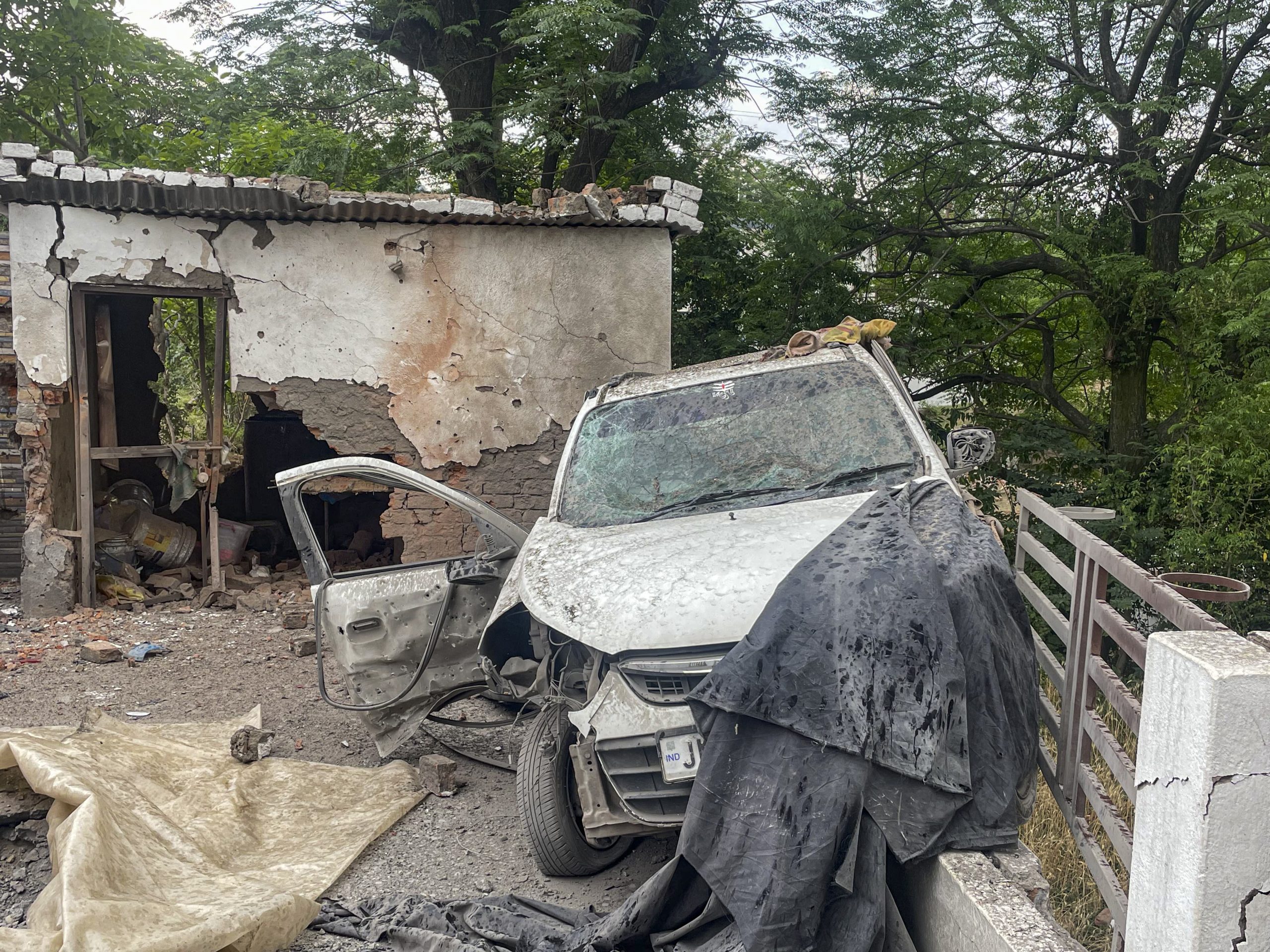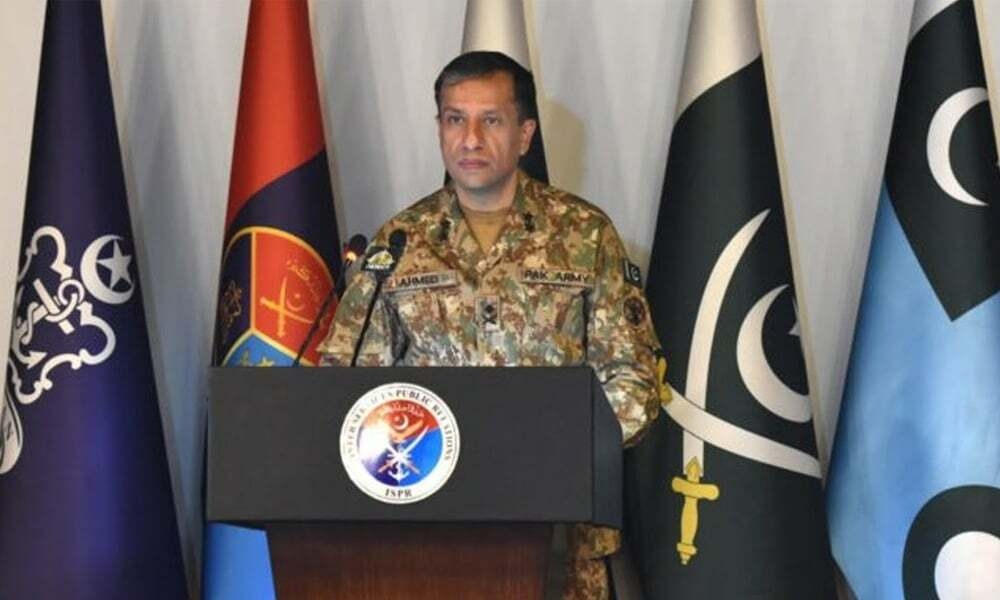SPARSH Loses Its Touch: Veterans’ Endless Wait For Pension Due To Constant Errors

Elderly veterans across India face mounting struggles as pension errors and delays in the SPARSH system disrupt their only source of livelihood. Image courtesy: AI generated picture via DALL-E
The government’s push to digitise pension management for armed forces personnel has faltered, leaving thousands of veterans caught in an unresponsive system.
The System for Pension Administration Raksha (SPARSH), launched in 2021 to centralise and streamline pension payments, has instead created mounting distress with delayed disbursements, incorrect records and unresolved grievances.
For many veterans, especially elderly and rural pensioners, the portal’s shortcomings have translated into missed or stopped payments—the sole source of income for many families.
The problems raise serious questions about how digital innovation can meet the practical needs of those who served the country, and whether support mechanisms are keeping pace with promises of efficiency and transparency.
What is SPARSH and why was it introduced?
SPARSH is an integrated, web-based system created by the Ministry of Defence to automate sanction and disbursement of pensions for armed forces personnel and civilians under the ministry.
Before its roll-out, banks handled pension accounts and issued Pension Payment Orders (PPOs), a decentralised process that ensured veterans could access pensions through their local branches.
The new system sought to remove bank-level inefficiencies by creating a single online platform for pension processing, claims, grievances and payments under direct benefit transfer.
All PPO data was migrated to the portal in 2022. But the manual input of records during this transition introduced errors that have since cascaded into widespread problems.
What problems are veterans facing with the portal?
The migration has left many veterans struggling with mismatched data, login failures and incorrect entries in personal records. According to a Defence Accounts Department document, around 6.5 lakh pension-related cases were pending redressal as of October 2024.
Ex-servicemen report that errors in names, service numbers or nominee details frequently result in delayed or withheld pensions.
The online grievance system has also been criticised as unresponsive and difficult to navigate, creating particular challenges for pensioners in remote areas with poor internet connectivity.
Some veterans report waiting over a year and a half for corrections to be processed. Many never received login credentials, while others complain of repeated technical failures and account lockouts.
The digital-only nature of SPARSH has compounded the hardship. Elderly veterans unfamiliar with computers find it nearly impossible to manage their pensions independently, forcing repeated visits to their Head of Office for resolution. In several cases, pensions have been stopped altogether, leaving families in financial crisis.
What reforms are being called for?
Veterans’ groups and welfare organisations are pressing for urgent reforms, including a simplified interface, faster grievance resolution and more responsive helpdesks.
Many argue that alternative, offline channels should be made available for elderly pensioners or those in rural areas. They also stress the need for timely migration of PPOs and rectification of biographical data.
The Ministry of Defence has presented SPARSH as a step towards transparency and efficiency in pension administration. But without addressing the technical flaws and accessibility barriers, the portal risks becoming synonymous with bureaucratic failure rather than reform.
For veterans, the test of SPARSH will be measured not by the technology on paper but by whether it delivers pensions on time, reliably and without needless hurdles.







